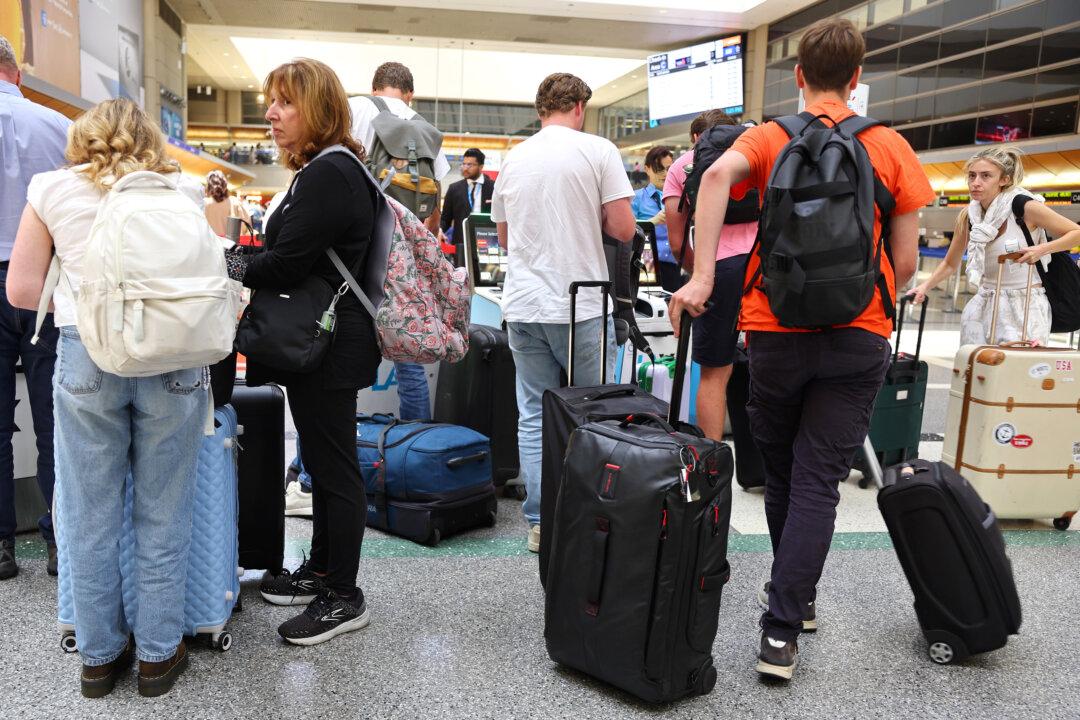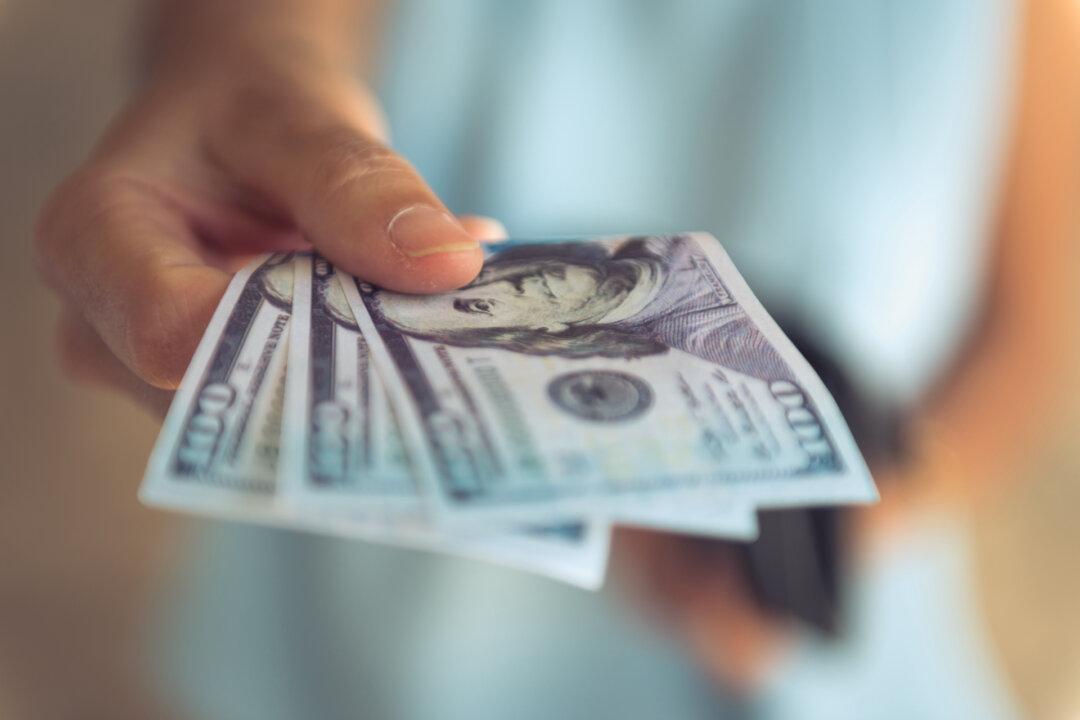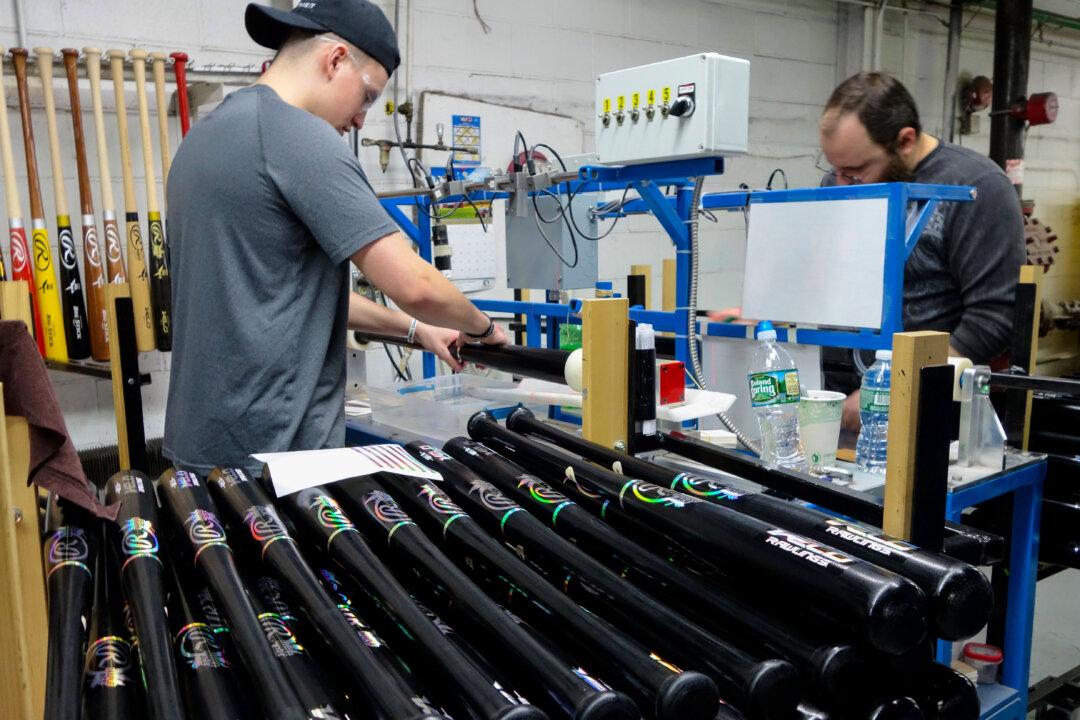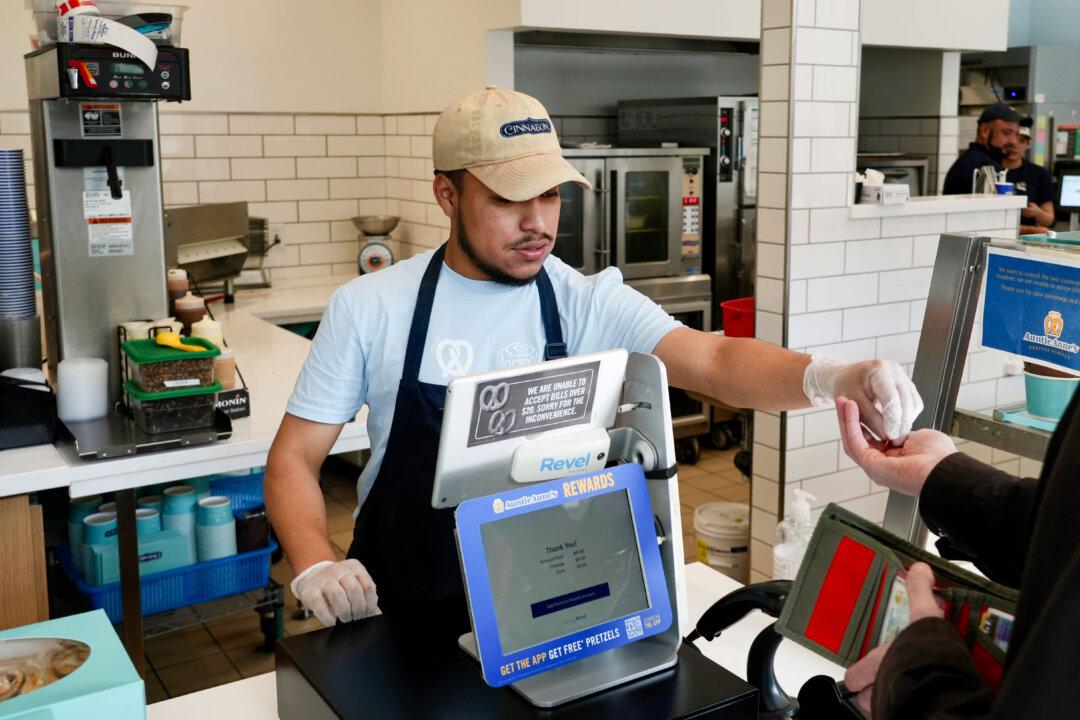The national appetite for travel didn’t diminish in 2024 and is expected to continue growing in 2025, according to recent data. But if you want to fly, be prepared to be squeezed—whether on a plane, in an airport lounge, or while using your travel points, experts say.
According to the U.S. Travel Association (USTA), by the end of this year, 2.45 billion flights will have been taken by Americans, and the USTA predicts an increase to 2.65 billion in 2025. These travel numbers have been a boon to the U.S. economy, with the USTA reporting in its latest numbers that $1.2 trillion in direct spending supports the 15 million jobs created by the industry.





